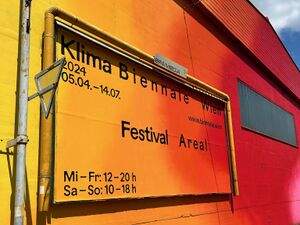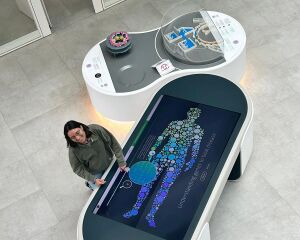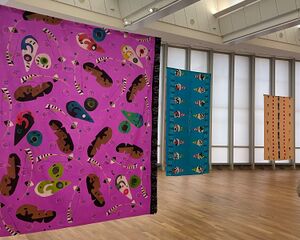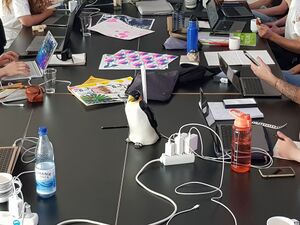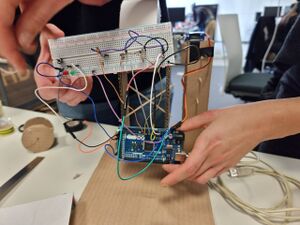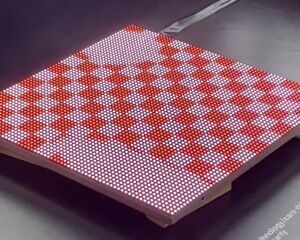Welcome to the Ocean Flora Cloud Wiki, created by Master Communication Design students at University of Applied Sciences Mainz.
This wiki page works as a digital garden, collecting and documenting research and projects, and serving as a collaborative space where knowledge is connected and shared.
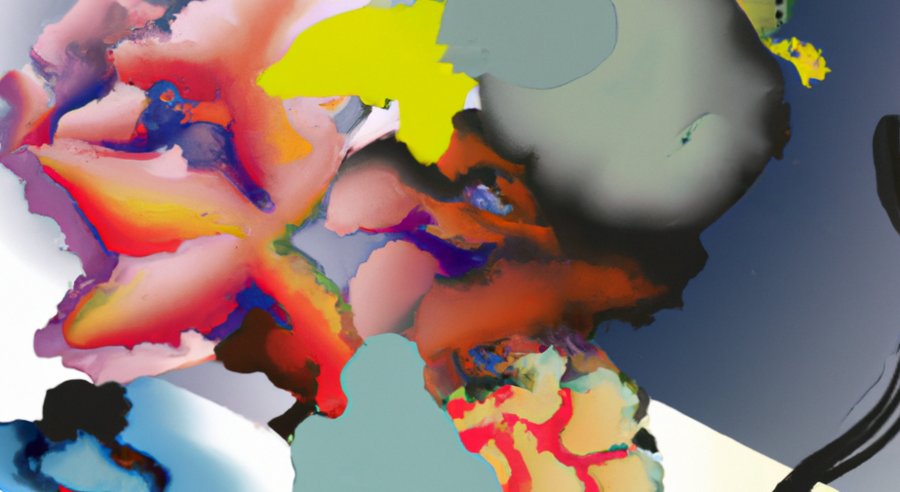
The Master-Program
"Ocean Flora Cloud" is a master’s program at the University of Applied Sciences Mainz, running from 2023 to 2025. This program focuses on the study of oceans, plant life, and biodiversity. By collaborating with international designers, the program aims to develop new perspectives on our environment, exploring the interplay between technology and culture.
The goal of "Ocean Flora Cloud" is to open up innovative tools and design systems with a special emphasis on illustration, animation, and coding. Through experimental and conceptual approaches, the program seeks to address how research findings can be effectively published today and in the future. Additionally, it aims to explore practical implementations of theoretical concepts.
This interdisciplinary course provides a platform for students to engage with cutting-edge ideas and technologies, fostering a creative and collaborative environment that bridges the gap between scientific research and artistic expression.

People of Ocean Flora Cloud
We are the students of Ocean Flora Cloud, a dynamic group of sixteen young and innovative designers from diverse cities across Germany and around the world. Our shared passion for creativity and design has brought us together in the vibrant city of Mainz. Here, we combine our unique perspectives and cultural backgrounds to collaborate on exciting projects, pushing the boundaries of design and innovation. Our journey is driven by a collective desire to learn, grow, and make a positive impact on the world through our work.
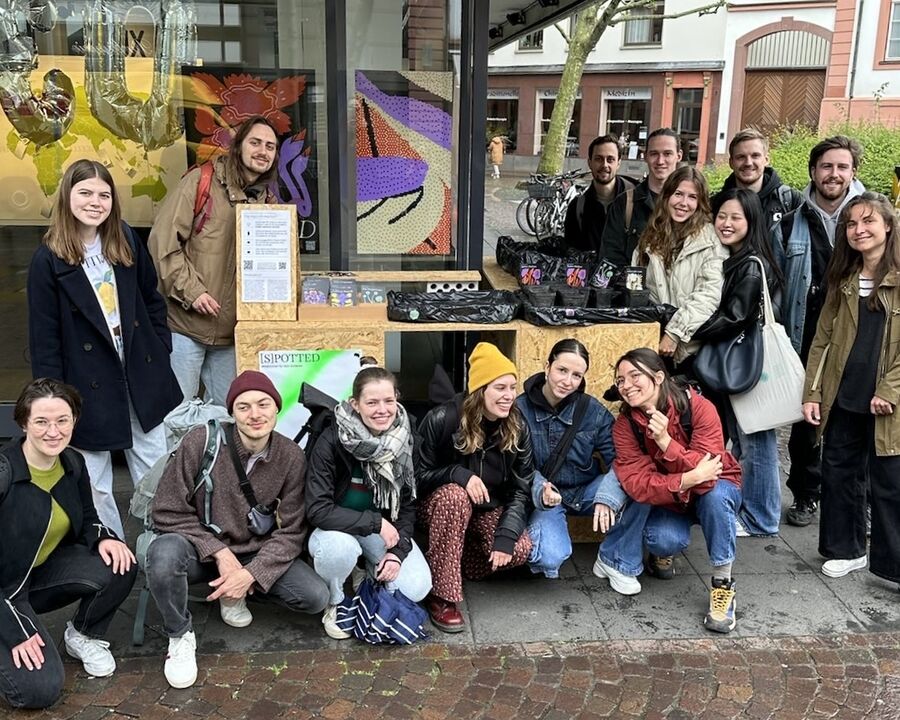
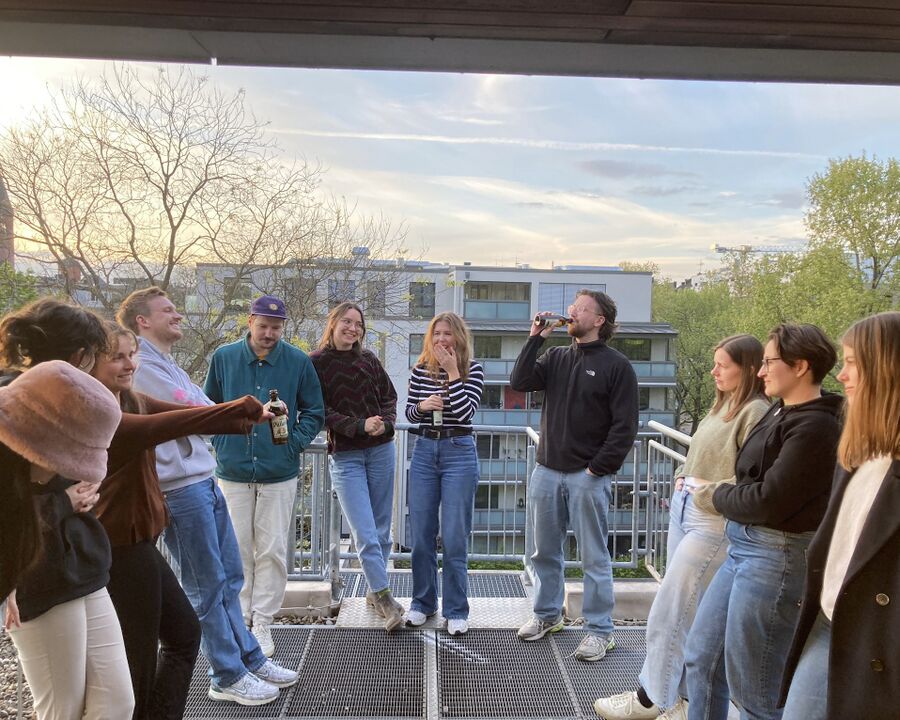
Because we like Dad Jokes
Wo sucht ein DJ nach Informationen?
- Wikiwikipedia
Excursion
May 2024In March we went to Vienna for a week to visit the Climate Biennale. There, we explored various exhibits that delved into the complex and urgent themes of global change, the climate crisis, biodiversity loss, and their impacts on the human-nature relationship.
Read more
May 2024On May 3, 2024, we visited the European Molecular Biology Laboratory (EMBL) in Heidelberg, a leading research institution for molecular biology. Tabea Rauscher, the Creative Team Lead at EMBL, guided us through the exhibition and explained her work in the field of science communication design on-site.
Read more
April 2024In the 1960s, 70s, and 80s, numerous artists from abroad worked in both East and West Germany. Through scholarships and bilateral cultural agreements during the Cold War, they joined migrant workers, exiles, and refugees in the divided Germany to continue their artistic pursuits and connect with fellow artists. Some initially arrived as migrant workers before pursuing artistic endeavors later.
Read more
Workshops
January
2024In January, we had a workshop led by Lukas Flory, which provided us with an invaluable opportunity to delve into the realm of Arduino technology and sensorics. Throughout the workshop, we gained insights into the versatile applications of Arduino and explored various sensoric capabilities inherent in the device.
Read more
January 2024In January, we had a workshop led by Lukas Flory, which provided us with an invaluable opportunity to delve into the realm of Arduino technology and sensorics. Throughout the workshop, we gained insights into the versatile applications of Arduino and explored various sensoric capabilities inherent in the device.
Read more
December 2023Although it was not part of the curriculum, most of us participated in the "Hack the Panel" workshop with Alexander Roidl. This workshop was part of the exhibition "Re-coding Everyday Technology" by the "Arbeitsgruppe für außergewöhnliche Ein- und Ausgabemedien"of which our professor is a member.
Read more




